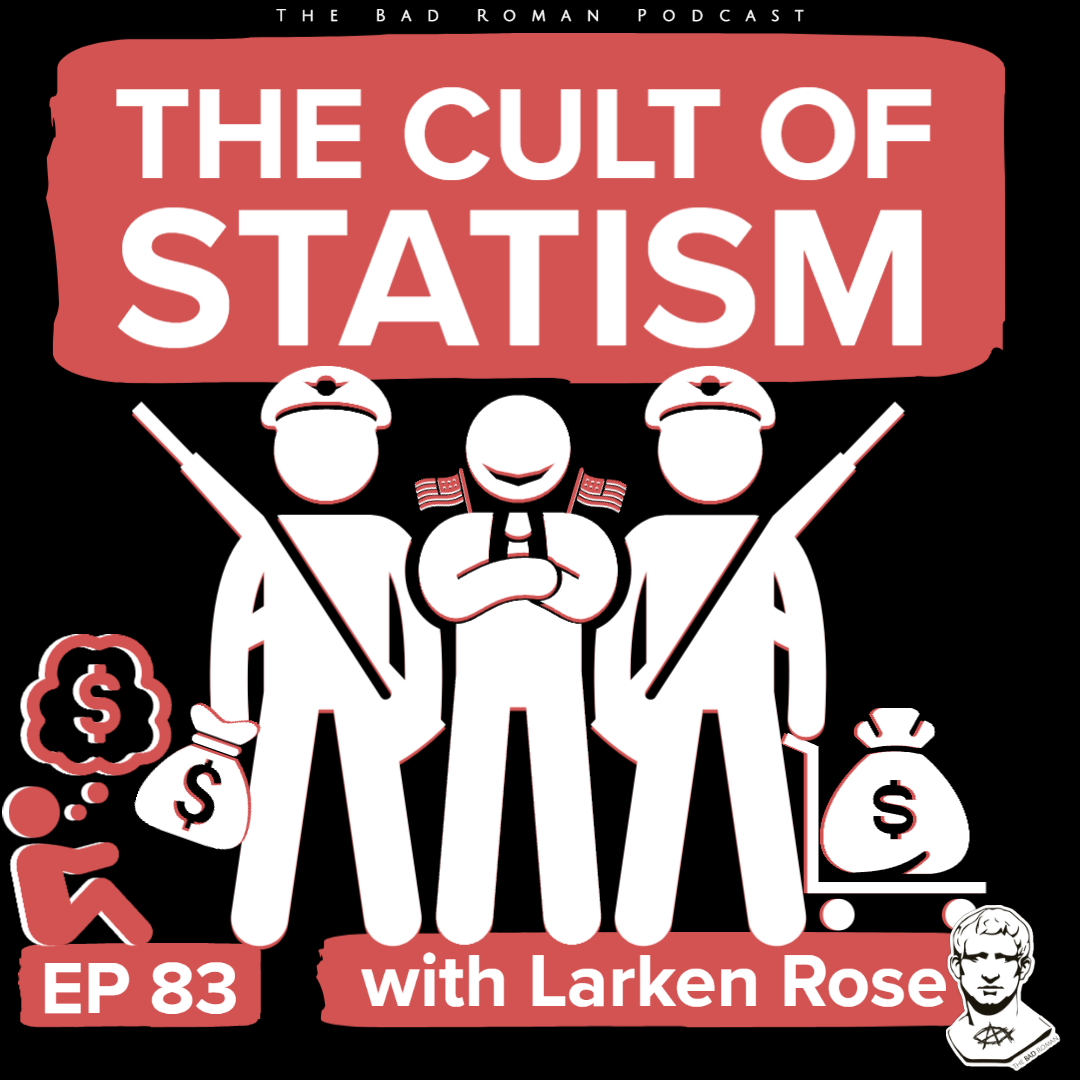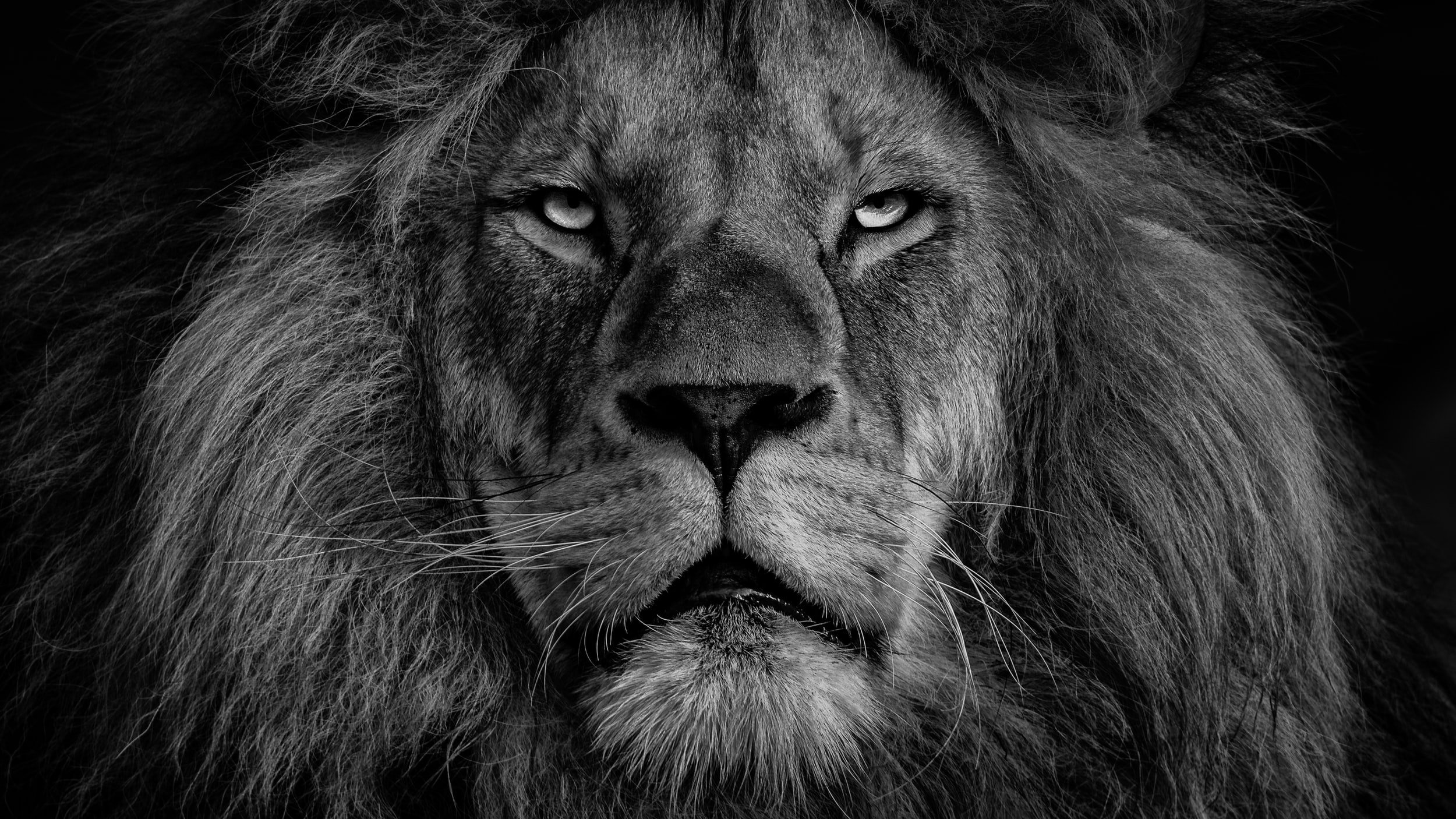About this Episode
What would it look like if we peeled back the curtains of societal discourse and examined the bitter truths often swept under the rug? How would our perspectives shift if we truly understood the power dynamics that govern our world? In a dynamic and insightful discussion, the Bad Roman Project welcomes back Larken Rose to the podcast, as we delve into the thought-provoking themes presented in the Jones Plantation film. Our discussion centers around the film's potent representation of debt, enslavement, and the manipulative nature of political language.
In the latter part of our conversation, we admire the production brilliance behind the Jones Plantation film. From its low-budget brilliance to the unique concept of breaking the fourth wall, we explore how the movie engages its audience in a critical examination of the sociopolitical landscape. Echoing the ethos of the Bad Roman Podcast, we also discuss how the film encourages viewers to think independently, drawing their own conclusions and interpretations.
Finally, we reflect on the reactions to the Jones Plantation film and its potential long-term impact. We examine the significance of the film's symbolism and the truths it presents, prompting viewers to examine their beliefs and biases. As we dissect the captivating symbolism and raw truths embedded in the film, we invite you to join us in this compelling discourse. Prepare to be intrigued by Larken's insightful reflections and ready to engage in a conversation that promises to stir thought and stimulate dialogue.
Larken Rose:
The Most Dangerous Superstition
The Book: https://www.thejonesplantation.com/
Episode Timestamps:
01:04 Larken Rose
Importance of recognizing what is required for peaceful coexistence
Podcasts, Joe Rogan, erosion of corporate media’s influence
4:45 Feedback from Nonanarchists on The Jones Plantation (2023)
Mr. Smith in the movie equates slaves to livestock
Herd mentality, IRS example
Jones Plantation Novel
How easy are people to exploit?
9:19 Church Imagery in Movie
Was it intentional?
Any ideology (including religion) could be weaponized to control populations
Mr. Smith acts as a (bad) minister
13:39 Casting
Mariuce Johnson as Mr. Smith
The cast had not met until the shoot started
14:59 Larken’s Role(s) in the film
Police Officer, bank teller
Keeping People in Debt
Covid and Obedience
The Federal Reserve System
Political parasites on money
20:49 Murder of the Child in the Movie (spoiler alert)
Plantation owners’ anger than acceptance and embrace of it
False Flags
When things go wrong psychopaths can grab power
The state gets its power from your suffering
Celebrity Response to Maui Fire
The purpose of giving is to be of service not show people how great you are
Importance of having workers’ perspective in Jone’s Plantation
What discussions are had behind closed doors?
How far will people go for power?
28:46 Dissecting the Political Capmgim Scenes in the Film
Backroom meeting
Parallels to a real Election Processes
Theatre of opposition
Was Obama truly grassroots?
#votejones
35:52 Examing the Beating of Samuel in the Film
“The harder you struggle the tighter your chains become”
Danger of the fear-based crowd
Would you be on the right side?
40:20 Bad Roman Discussion Group Questions
Why break the fourth wall?
How much was planned v. happy accidents via budget constraints?
Andrew as “the department”
Biblical relevance to Samuel on purpose?
Explain the self-flogging scene
What we see people do can vary greatly from what they do when no one is looking
Was the cast all on board with the ideas of the movie?
What has the feedback been?
1:00:00 Where to find the film and connect with Larken Rose





















